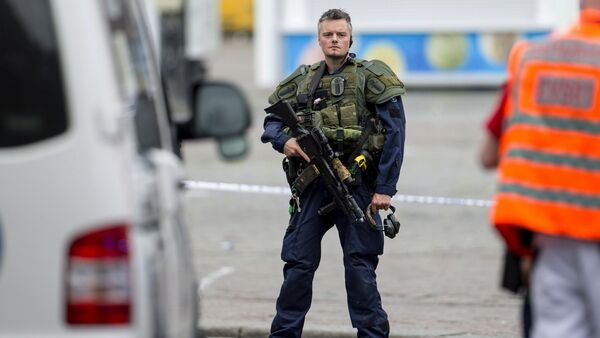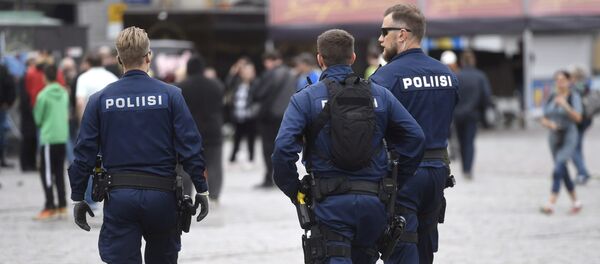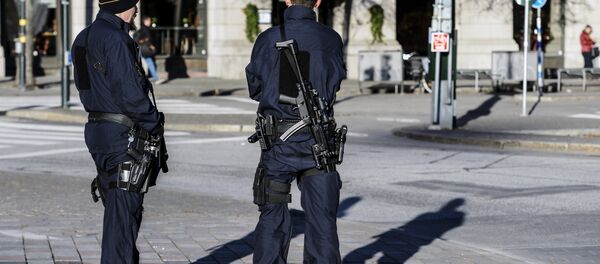Following the Turku stabbings, Finnish police chiefs argued that Heckler & Koch MP5 submachine gun will become a welcome counter-terrorist complement to the Glock and Walther handguns which officers currently carry, the Finnish daily Turun Sanomat reported.
Ari Alanen of the Police Board ventured that the move should not be interpreted as a sign of militarism, but rather a desire to be seen as a reliable agency effectively serving the public interest. Alanen noted that the use of MP5s would be permitted in situations where the use of side arms would have been allowed before, such as taking on a more distant target.
"We must follow what's going on in our immediate surroundings. Subsequently, we need to consider the weapons and kinds of protective equipment that are needed," Ari Alanen told the Finnish daily Hufvudstadsbladet.
Up until now, the MP5s have been used exclusively by the heavily armed emergency response unit Karhu.
The Heckler & Koch MP5 pic.twitter.com/wUch8TIudF
— Rated Red (@realratedred) 19 марта 2017 г.
Interestingly enough, the use of arms by Finnish police has increased in 2017 in comparison with previous years. So far, however, it has been impossible to say whether it was a mere statistical jump or a lasting change, Alanen noted.
Additionally, the government is currently revising Finland's terrorism-related legislation. According to Sampo Terho of the breakaway parliamentary group, Blue Reform, that splintered from the Finns Party earlier this year, the government plans to change the Nationality Act in order to be able to strip Finnish citizenship from any dual citizen found guilty of a terrorist act. Blue Reform leader Simon Elo added that this measure would also enable the cancelation of residence permits, imposing entry bans and rescinding refugee status, Finnish national broadcaster Yle reported.
Lastly, the Finnish government is seeking to more specifically criminalize the harboring or abetting of illegal migrants. Those asylum seekers whose claims were rejected will be subjected to threat assessment and detention, if necessary. Prime Minister Juha Sipilä stressed that no one, including the Church, may interfere in legally binding deportation decisions.
The changes follow the stabbings of 10 people in Turku on August 18, which is currently being investigated as terror-related.




